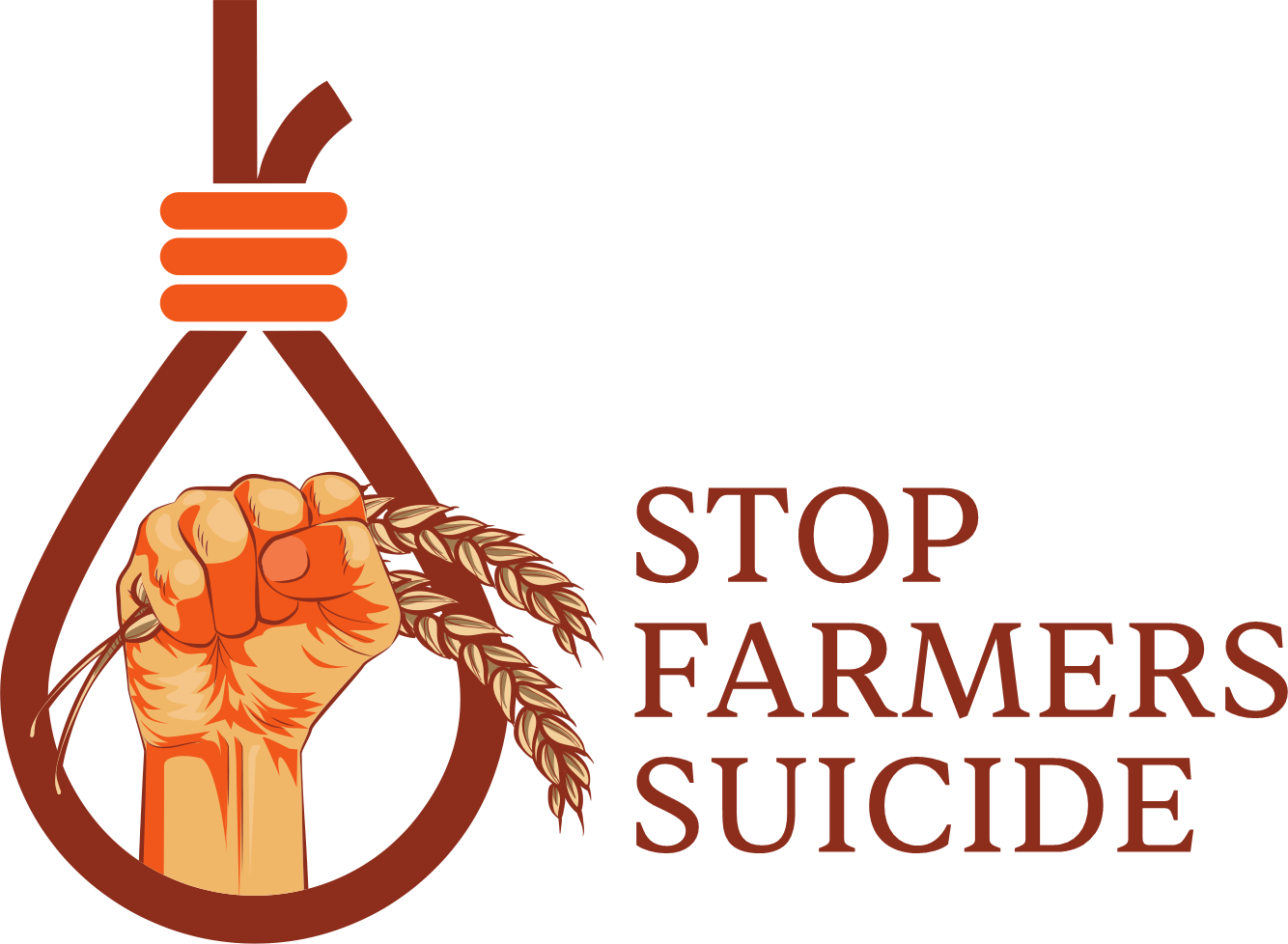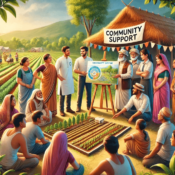
The Role of Mental Health in Preventing Farmer Suicides
Farmer suicides are a grim reality in agricultural economies, and while financial distress and environmental challenges are often cited as primary causes, mental health remains a critical but overlooked factor. Mental health challenges like depression, anxiety, and stress are common among farmers who face relentless economic pressures, unpredictable weather patterns, and societal expectations. However, addressing mental health issues can play a transformative role in preventing farmer suicides.
This blog delves into the connection between mental health and farmer suicides, the challenges in addressing these issues, and the strategies that can foster emotional resilience and support among farming communities.
Mental Health Challenges Faced by Farmers
- Emotional Toll of Financial Struggles
Farming is often an unpredictable venture, where crop failures, mounting debts, and fluctuating market prices push farmers into severe financial distress. For many, the emotional toll of these struggles results in feelings of hopelessness, inadequacy, and chronic stress.
- Isolation and Loneliness
Farming, especially in rural areas, can be an isolating profession. Many farmers spend long hours working alone in the fields, which can lead to feelings of loneliness and exacerbate mental health challenges. A lack of community connection or support amplifies their emotional burdens.
- Pressure to Provide for Families
Farmers are often the primary breadwinners in their families, bearing the immense pressure of ensuring financial security and sustenance. When they face failures, the perceived burden of letting their families down creates guilt and distress, worsening their mental state.
- Stigma Around Mental Health
In rural communities, mental health is often considered a taboo subject. Seeking help is seen as a weakness, preventing farmers from reaching out for professional counseling or emotional support. This stigma perpetuates a culture of silence, leaving many to suffer alone.
- Post-Trauma Effects of Natural Disasters
Farmers frequently face natural disasters like floods, droughts, or cyclones that devastate their crops and livelihoods. The trauma of such events, coupled with the uncertainty of recovery, leaves lasting emotional scars and increases vulnerability to depression and anxiety.
The Connection Between Mental Health and Farmer Suicides
Unchecked mental health struggles can drive farmers into a state of despair, leading them to see suicide as the only escape from their problems. The combination of social isolation, lack of mental health awareness, and financial pressures creates a dangerous cycle. A farmer battling depression, for instance, may find it harder to seek help due to societal stigma or logistical barriers in accessing mental health resources in rural areas.
This demonstrates why mental health support is not just a complementary service but a critical necessity in addressing the farmer suicide crisis.
Strategies to Improve Mental Health in Farming Communities
- Destigmatizing Mental Health Discussions
Creating awareness campaigns in rural areas about the importance of mental health is a vital first step. Farmers and their families must be educated that seeking help is a sign of strength, not weakness. Community leaders, religious organizations, and local governments can play a role in spreading this message.
- Establishing Rural Mental Health Clinics
Bringing accessible and affordable mental health services to rural areas is essential. Mobile mental health units, teletherapy sessions, and local counseling centers can provide farmers with the support they need without requiring them to travel long distances.
- Training Local Counselors
Training local individuals to provide mental health first aid can be transformative. These counselors can act as the first point of contact for farmers struggling with emotional distress and can guide them to professional support when needed.
- Creating Peer Support Networks
Peer support groups within farming communities can help farmers share their struggles and find solace in knowing they are not alone. These groups foster a sense of belonging and reduce the isolation that often exacerbates mental health problems.
- Financial Counseling and Stress Management Workshops
Mental health support can be paired with financial counseling services to help farmers manage their debts and plan for the future. Stress management workshops, teaching techniques like meditation, mindfulness, and relaxation exercises, can also help farmers cope with daily pressures.
- Promoting Holistic Well-Being
Encouraging farmers to maintain a healthy work-life balance, focus on physical health, and engage in recreational activities can significantly improve their mental health. Programs that teach time management and healthy coping mechanisms can reduce burnout.
The Role of Government and NGOs
Governments and NGOs play a crucial role in supporting farmers’ mental health. Policies should include subsidies for mental health services, funding for rural counseling centers, and the integration of mental health support into agricultural extension programs. NGOs can partner with local communities to provide on-ground support, training, and awareness initiatives.
For example, hotlines dedicated to farmer mental health, staffed with trained counselors, can offer immediate support to those in distress. Governments can also launch mass campaigns to promote mental health literacy and remove the stigma associated with seeking help.
Conclusion
While financial aid, agricultural reforms, and technological advancements are necessary to address farmer suicides, mental health support is an equally critical component of the solution. Farmers carry the immense responsibility of feeding the nation, yet they often lack the emotional resources to cope with their challenges. By acknowledging the mental health struggles farmers face and implementing targeted interventions, we can create a support system that ensures no farmer feels alone in their fight.
Mental health is not a luxury—it is a necessity. Providing farmers with the tools to navigate their emotional challenges will not only save lives but also foster a stronger, more resilient agricultural community.




